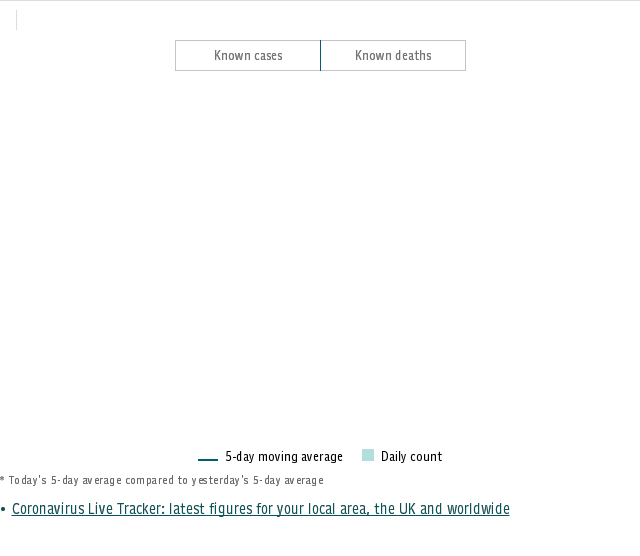Coronavirus found in Barcelona waste water sample from March 2019

Researchers in Barcelona say they have detected the presence of Covid-19 in a waste water sample collected in the Spanish city in March 2019, nine months before the coronavirus outbreak in Wuhan, China, was first reported.
If confirmed, the finding raises questions as to the origin of the virus and where it may have been circulating before the health emergency was first declared in China last December.
However, scientists have cautioned against over-interpreting the results, which appeared to be a one-off, and could be linked to contamination between samples.
The team also found more consistent results showing that SARS-CoV-2 had showed up in Barcelona's waste water from January 15 this year, six weeks before the first coronavirus case was registered in a Spanish hospital in late February.
The team at Barcelona University made their discoveries while examining sewage and using polymerise chain reaction (PCR) coronvirus tests to find examples of the Covid-19 virus as a tool to help with the tracing and control of the epidemic. Infected people pass virus cells in their faeces.
Albert Bosch, a biology professor at Barcelona University and the coordinator of the study, said that timing could have made all the difference in Spain's handling of Covid-19, which has killed more than 28,000 people in the country.
“In the specific case of Barcelona, having detected the contagion of SARS-CoV-2 a month earlier could have improved the response to the pandemic,” he said.

To obtain their results, the team analysed frozen samples of waste water from two previous years, providing the shock result of a "low positive" from 12 March 2019.
No examples of Covid-19 infection had been recorded at this time, but Professor Bosch said it was possible that similar results could be found globally.
“Since most Covid-19 cases show a similar symptomatology to the flu, those cases could have been disguised as an undiagnosed flu,” he said.
However, scientists were sceptical about the findings announced by the Barcelona University team.
Dr Jonathan Stoye, head of the Retrovirus-Host Interactions Laboratory at The Francis Crick Institute, told The Telegraph that more analysis was needed before the claim could be confirmed, noting that not all of the testing results had been aligned in the March 2019 sample.
“It may be right, but when you’re making a claim as important as this one, there cannot be any ambiguities or red flags, which is why I am sceptical,” he said.
Professor Francois Balloux, director of the UCL Genetics Insitute, said it seemed "most unlikely".
"The most plausible explanation is sample mix-up/contamination. Obviously, the presence of SARS-CoV-2, or a closely related virus, in circulation that early would have to be considered if other water samples from around that time tested positive," he added.
Professor Balloux said that his team's genetic analyses "confidently rule out that the SARS CoV-2 lineage causing Covid-19 was in circulation in spring 2019." He added: "If the presence of SARS CoV-2-linke RNA were to be confirmed prior to late 2019, which I doubt, it would be a separate outbreak by another coronavirus lineage."

 Yahoo News
Yahoo News 
